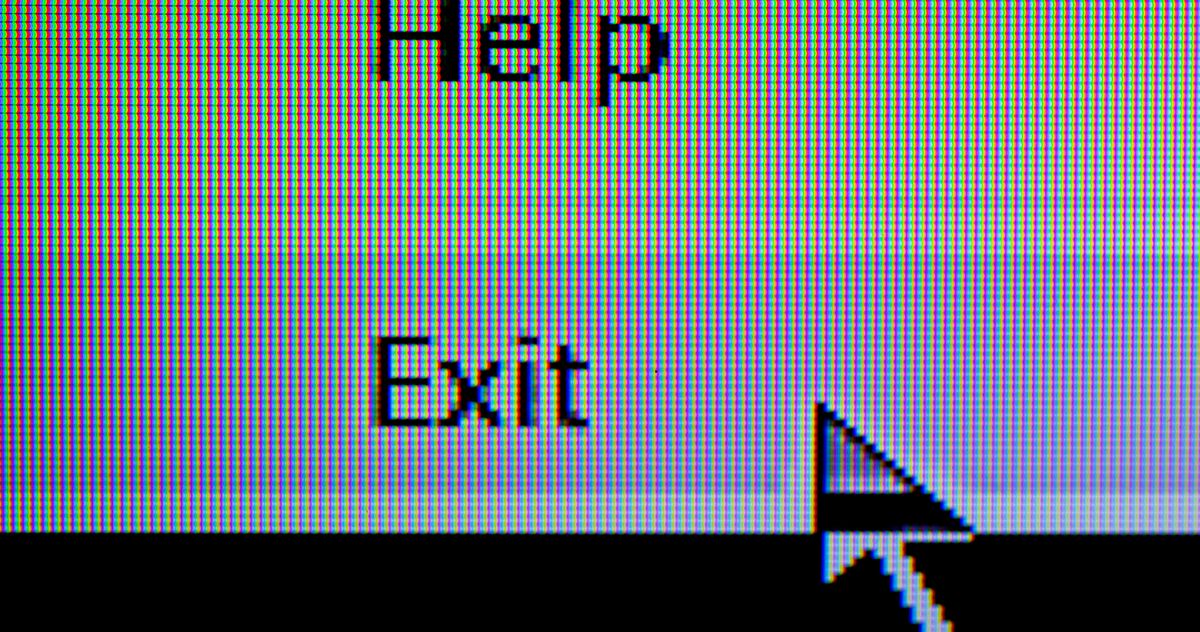
"About three years ago, writer Cory Doctorow coined the term "enshittification" to describe a widely observed yet hazily defined phenomenon: the general worsening of online platforms in recent years. Google search declining in quality? Amazon overflowing with junky products? Instagram an endless scroll of doom? These are symptomatic of enshittification, in Doctorow's telling. He describes enshittification-cursed products as possessing three distinct stages: good to users, good to business customers, and finally, good to shareholders - and thus increasingly unpleasant for everyone else."
"​"The indignities of harassment scams, disinformation surveillance, wage theft extraction, and rent seeking have always been with us. But they were a minor side show on the old, good internet, and they are the everything and all of the enshitternet." You also write that many of the same people who presided over that golden age of the internet are the people now in charge of the worse, modern internet - it's just that the regulations aren't there anymore to prevent their greed from overflowing."
The term enshittification names a pattern of declining quality across major online platforms, visible in search decay, low-quality marketplace listings, and attention-extractive social feeds. Platforms tend to move through a lifecycle: initially user-friendly, then optimized for business customers, and finally optimized for shareholder returns, producing worse experiences. Weak regulatory frameworks and persistent concentration of power among early internet actors have allowed extractive incentives to dominate. Harassment, scams, surveillance, wage theft, and rent-seeking shifted from peripheral problems to central features of modern platforms. The dynamic intersects with emerging technologies like AI and with political forces that shape possible remedies.
Read at Intelligencer
Unable to calculate read time
Collection
[
|
...
]